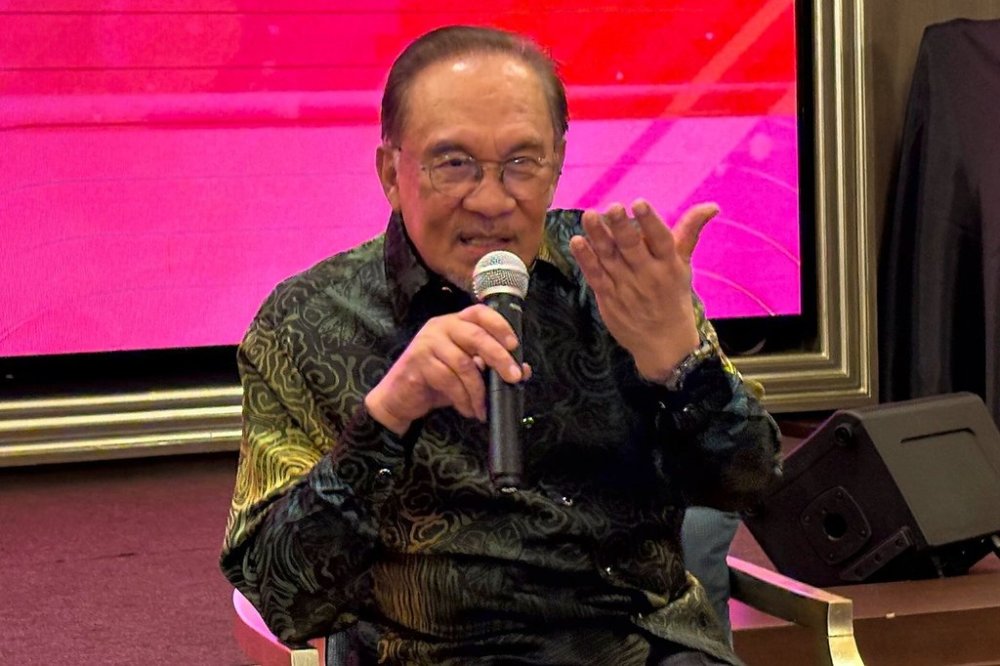US tariff hikes, Myanmar war and sea disputes will top ASEAN summit agenda
Advertisement
Read this article for free:
or
Already have an account? Log in here »
To continue reading, please subscribe:
Monthly Digital Subscription
$0 for the first 4 weeks*
- Enjoy unlimited reading on winnipegfreepress.com
- Read the E-Edition, our digital replica newspaper
- Access News Break, our award-winning app
- Play interactive puzzles
*No charge for 4 weeks then price increases to the regular rate of $19.00 plus GST every four weeks. Offer available to new and qualified returning subscribers only. Cancel any time.
Monthly Digital Subscription
$4.75/week*
- Enjoy unlimited reading on winnipegfreepress.com
- Read the E-Edition, our digital replica newspaper
- Access News Break, our award-winning app
- Play interactive puzzles
*Billed as $19 plus GST every four weeks. Cancel any time.
To continue reading, please subscribe:
Add Free Press access to your Brandon Sun subscription for only an additional
$1 for the first 4 weeks*
*Your next subscription payment will increase by $1.00 and you will be charged $16.99 plus GST for four weeks. After four weeks, your payment will increase to $23.99 plus GST every four weeks.
Read unlimited articles for free today:
or
Already have an account? Log in here »
Hey there, time traveller!
This article was published 22/05/2025 (201 days ago), so information in it may no longer be current.
PUTRAJAYA, Malaysia (AP) — The civil war in Myanmar, maritime disputes in the South China Sea and U.S. tariff hikes will top the agenda of a two-day Southeast Asian summit next week, Malaysian Prime Minister Anwar Ibrahim said.
The meeting in Malaysia, the current chair of the 10-member Association of Southeast Asian Nations, on Monday will be followed by a summit on Tuesday with Chinese Premier Li Qiang and leaders from the Gulf Cooperation Council comprising Bahrain, Kuwait, Oman, Qatar, Saudi Arabia, and the United Arab Emirates.
The GCC already has strong links with the U.S. and “wants to be close to China too,” Anwar said. “We want to have that synergy to enhance trade investments, more effective collaboration,” Anwar said in a media briefing late Wednesday.

ASEAN countries, many which rely on exports to the U.S., have been hit by U.S. tariffs ranging from 10% to 49%. U.S. President Donald Trump last month announced a 90-day pause on the tariffs, prompting countries including Malaysia, Indonesia, Thailand and Vietnam to swiftly begin trade negotiations with Washington.
Anwar said the U.S. has promised to review Malaysia’s case “sympathetically.” He said ASEAN is also working together to see how it can negotiate with the U.S. as a bloc. At the same time, he said that ASEAN must build its economic resilience by deepening links with other partners such as China, India and the European Union.
Anwar said the U.S.-China rivalry would not split the bloc as the region continues to engage both superpowers. He also downplayed territorial disputes between ASEAN members and China in the South China Sea, which Beijing claims virtually in its entirety, and Myanmar’s conflict since the 2021 military takeover.
Anwar met last month with Myanmar military chief Gen. Ming Aung Hlaing in Bangkok and held virtual talks with the opposition National Unity Government. Even though the talks were focused on humanitarian aid following a devastating earthquake in March that killed more than 3,700 people, Anwar said he hopes they could eventually push a peace process forward.
Min Aung Hlaing has been barred from attending ASEAN meetings after the military refused to comply with ASEAN’s peace plan, which includes delivery of humanitarian aid and negotiations. Opponents and critics of the military government say aid is not freely allowed into areas not under the army’s control, and accuse the army of violating its self-declared ceasefire with dozens of airstrikes.

